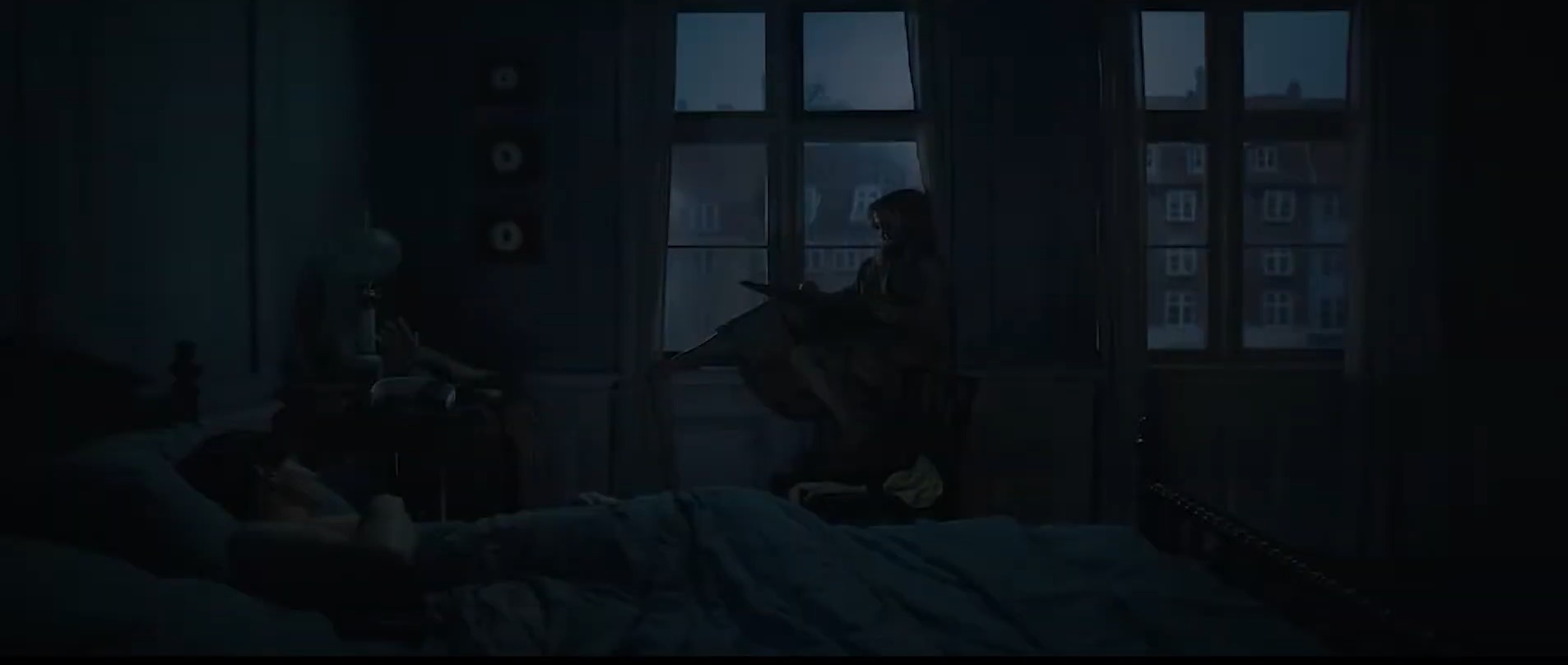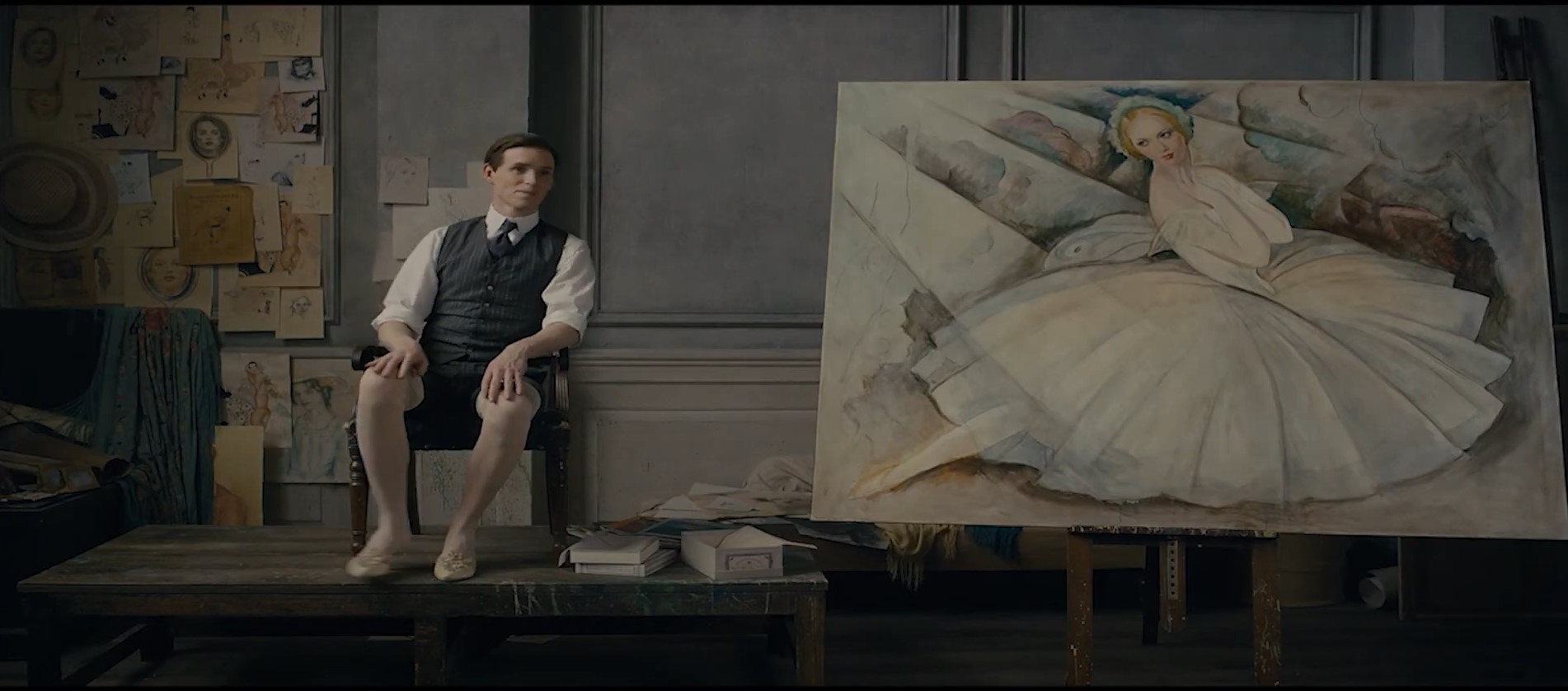This article explores the movie The Danish Girl, which tells the story of a young woman who goes through the complex process of gender transition and identity exploration, and the devoted love of her partner who loves her and supports her to the end. More than just a period drama, the movie explores the human process of self-exploration and self-acceptance, and the meaning of true love.
“The Danish Girl” tells the story of a person trying to find her full self. It is a true story of a character who took a challenging path to realize her identity in a time when sexuality was so misunderstood. This story may resonate with more people today than it did then. In the modern world, many people still struggle with their identity and have to deal with social prejudice and discrimination. This movie is more than just a period drama, it tells a story about the universal human process of self-exploration and self-acceptance.
Before watching the movie, I saw the title “The Danish Girl” and assumed that it was referring to Lily, but in the movie, “The Danish Girl” is what Hans says to Gerda, who is waiting for him outside while he is on the phone. The Danish Girl was Gerda, who had come to seek help from her husband’s childhood friend in order to help him through his identity crisis. The movie, then, is not only about Aina’s struggle to find her full self, but also about Gerda, who stood by her side and loved her fully.
The movie focuses on Aina’s struggle with her gender identity and her transformation into Lily to overcome it. Even though Gerda is always portrayed as a peripheral character, I found myself empathizing with her as I watched the movie. This empathy comes naturally from the complex emotions and relationships of the characters in the movie.

First of all, it was Gerda who made Aina realize the Lily in herself. He recognizes the femininity in her from the moment he becomes her portrait model. In this scene, the film depicts a very subtle psychological transition: as he focuses on his femininity and transforms into Lily, Gerda undergoes numerous psychological changes alongside him. When Aina reveals her confusion about her identity, doctors dismiss her husband as mentally ill, and when she cries to him that she misses him, he tells her that she cannot. Transgenderism was not recognized in society at the time, and it’s hard to find similar stories. Not only would it have been difficult for Gerda to accept at first that her beloved husband wanted to become a woman, but fear would have taken over, and she would have felt resentful and lonely with Aina not fulfilling her role as a spouse.
With nowhere to turn in this confusing situation, Gerda impulsively kisses Aina’s friend Hans, only to push him away. Gerda is forced to deal with her husband’s confusion and the sudden change in her professional situation away from home. This leads her to lean on her husband’s friend, but her behavior as she walks away, reminding herself that it is Aina she loves, conveys both loneliness and a sense of responsibility to her loved one. Gerda’s character here represents the feelings of many people in the modern world who make self-sacrifices for their loved ones.
There is also a sense of guilt in her feelings. If she hadn’t asked Aina to model for her, she could have lived as a normal couple, unaware of her inner Lily. And it was only after meeting the doctor she recommended that she finally decided to undergo gender reassignment surgery. As she watched her loved one go through the painful process of becoming a woman, she may have come to realize that she may have caused it.

In this way, Aina’s search for her true self can be seen as selfish in her relationship with her loved one. However, Gerda is there for her husband even as he transforms into Lily, as if she were his sister or mother. Gerda’s love is the greatest thing in this movie. I thought, how much do you have to love someone to act like her?
I also realized that unlike Aina’s father, who used violence against her after seeing her kissing a man, Gerda respects her decisions and her search for her true self, and supports her, and I realized that it is possible to feel more love in an artificially formed relationship than in a family that shares blood. Even if their love didn’t take the usual form after Aina became Lily, Gerda’s acceptance and love outweighed any prejudice, allowing him to continue to find his true self.
I would say that this movie is not about the choice of the world’s first person to undergo gender reassignment surgery, but about the true love that made that choice possible. The story of Aina and Gerda makes us rethink what love is, and shows us that true love is about understanding the essence of the other person and walking that path together.
 I’m a blog writer. I want to write articles that touch people’s hearts. I love Coca-Cola, coffee, reading and traveling. I hope you find happiness through my writing.
I’m a blog writer. I want to write articles that touch people’s hearts. I love Coca-Cola, coffee, reading and traveling. I hope you find happiness through my writing.